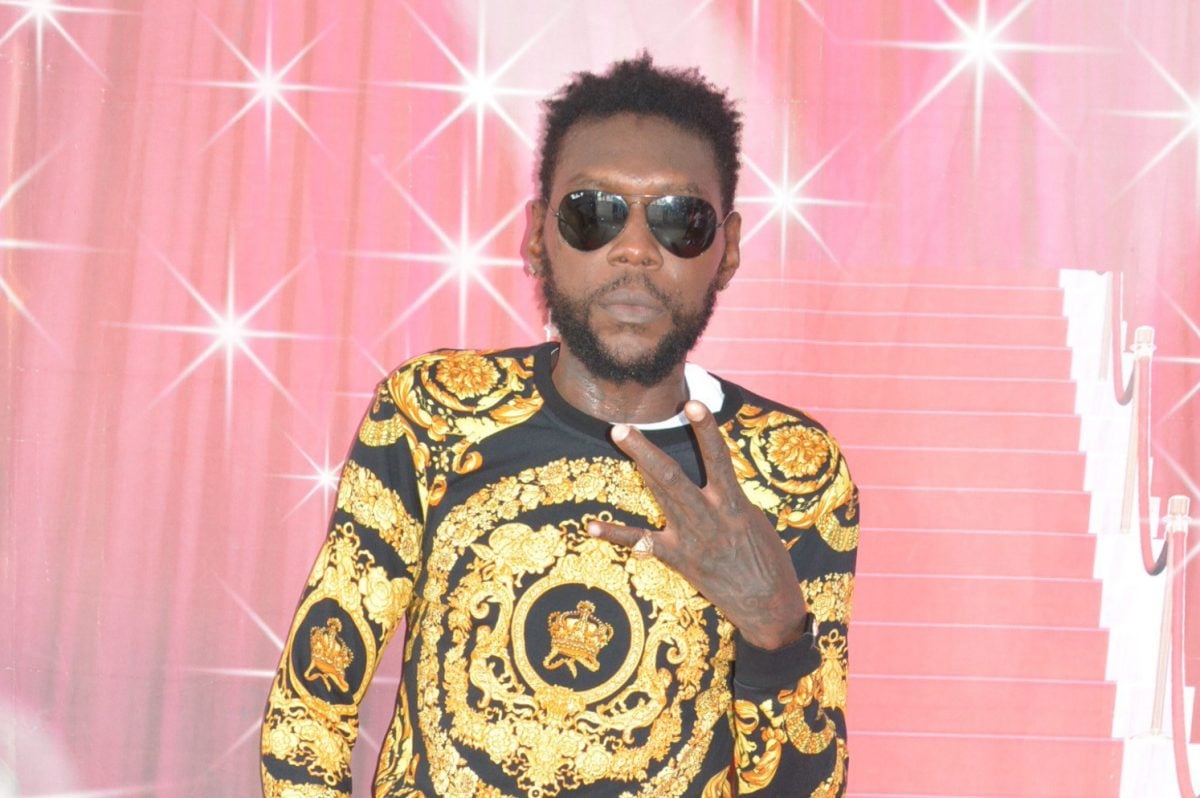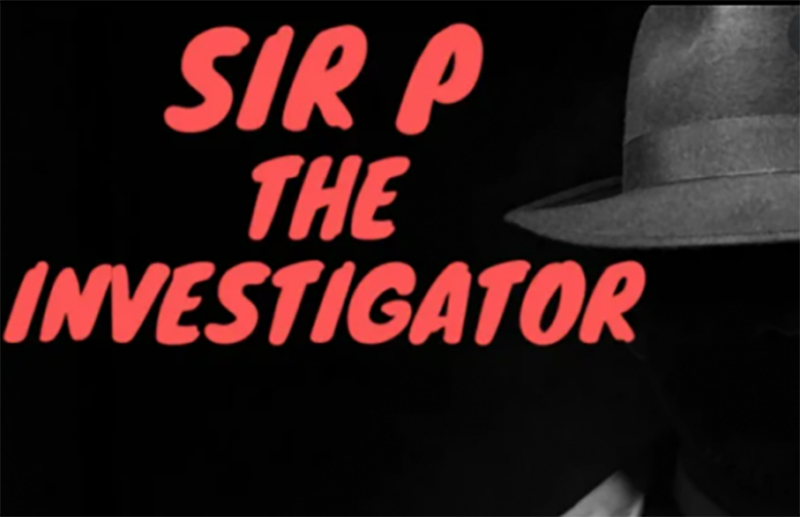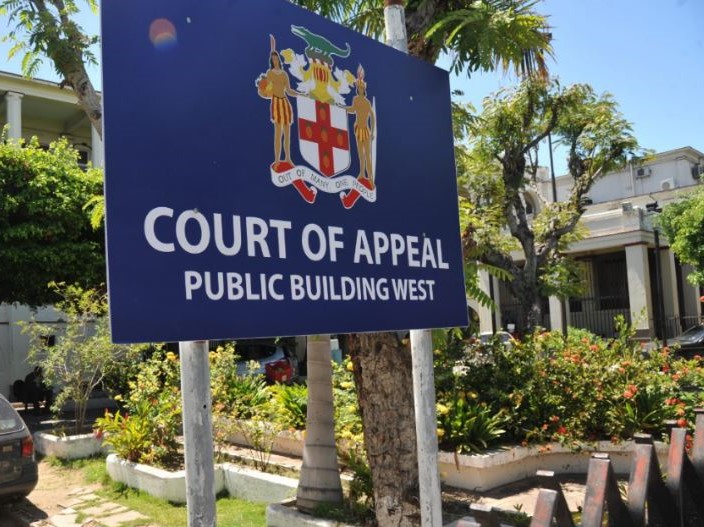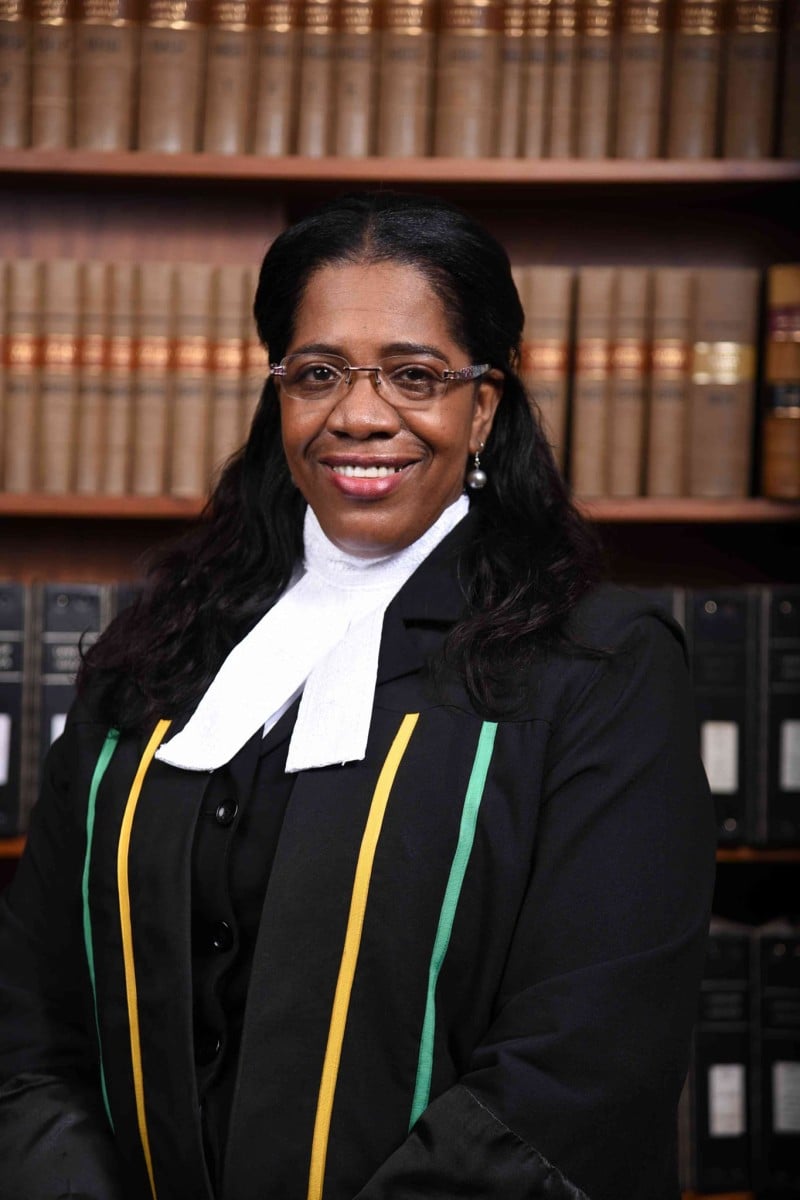Vybz Kartel Retrial Hearing: 5 Key Takeaways From Day 1

Lawyers for Dancehall star Vybz Kartel and his co-accused, Shawn “Shawn Storm” Campbell, Kahira Jones, and Andre St John, were back in court on Monday (June 10) for a crucial hearing that could determine their future.
Convicted in 2014 for the murder of Clive “Lizard” Williams, the men are seeking their freedom after the Judicial Committee of the Privy Council quashed their convictions two months ago. The London court left it up to the Jamaica Court of Appeal to decide whether to order a retrial or dismiss the case altogether.
Here are five significant takeaways from the first day of the retrial hearing.
1. Structure of the Hearing
On Monday, the retrial hearing commenced with a packed courtroom reflecting the intense public interest in the case. This necessitated the use of a second overflow room to accommodate the excess of attorneys, journalists, and court staff eager to follow the proceedings.
The acting Director of Public Prosecutions, Claudette Thompson, is advocating for a retrial, while the accused are opposing it. Both sides have submitted preliminary arguments for the five-day retrial hearing.
The panel of Justices Marva McDonald-Bishop, Paulette Williams, and David Fraser will deliberate on whether the case merits a retrial or dismissal, considering factors such as the availability of witnesses, any prejudice to the accused, the interest of justice and what is in the public interest.
2. Appeal Court Will Also Consider the Backlog of Retrial Cases
On Monday, Justice McDonald-Bishop, who heads the panel of judges, emphasized that understanding the timeline of previous retrials is “material” to the current case, according to the Gleaner. She announced that the court would request a report on how long it typically takes for retrials to commence in the Supreme Court to assess the feasibility and fairness of a retrial for Vybz Kartel and his co-accused.
“If the court was to send it back we have to set the time and place if it is to be retried and we would have to know, if the case is to be retried, how long these persons would have to wait, because delay is now an issue,” she said. “We know we have referred several cases back to the Supreme Court for retrial, so we must have an idea of how the Supreme Court is dealing with these retrials. Because if these defendants are to be retried, we have to know when a likely trial date is to be because it is relevant. The delay point is critical in the case, we throw that out [there] now.”
Justice McDonald-Bishop continued: “We know we have referred several cases back to the Supreme Court for retrial… the delay is critical in the case… it is critical to get an audit of the cases awaiting retrial. If we find that we send matters back 10 years and still no retrial… we see the State now being hit with several lawsuits about constitutional rights being breached.”
This approach mirrors the Bahamas Court of Appeal’s handling of the Simeon Bain case. Like Kartel’s, that case involved the Privy Council overturning the original murder conviction and returning the case to the local court for a decision on retrial. The Bahamas court ultimately decided against a retrial, citing the prolonged period since the crime, the case backlog, and the emotional and practical difficulties of a new trial.
3. Emotional Pleas Struck Out
The court rejected claims by Kartel’s son, Adidja Jahiem ‘Likkle Vybz’ Palmer, about his father’s health being too fragile for a retrial. Justice McDonald-Bishop ruled that medical evidence was necessary to substantiate such claims.
Justice McDonald Bishop also struck out Likkle Vybz’s claim that his grandmother, Kartel’s mother, Theresa Wilson Palmer, prays every night for her son, noting that the court is not able to say whether he witnessed her praying nightly.
4. ‘Sir P’ and Pre-Trial Publicity

There were concerns over potential jury bias influenced by social media, notably YouTube channels like ‘Politricks Watch’ and its anonymous host ‘Sir P’.
Shawn Storm’s sister expressed doubts about finding impartial jurors due to widespread public discourse, potentially compromising a fair retrial. “I have seen many social media posts from bloggers like Sir P, who do not conform to any of the traditional norms of journalism who have widespread viewership who espoused all the wildest theories which will undoubtedly influence many Jamaicans who cannot be counted on to be so entranced by the Bible foisted up and confess their bias,” she said in her affidavit.
The Gleaner reported that she also expressed skepticism that any directions given by a trial judge could sufficiently mitigate the unfairness resulting from this pervasive pre-trial publicity.
Despite the prosecution’s objection, the court ruled that the defense’s arguments concerning pre-trial publicity should be considered.
5. Defense Confident in Outcome
Following the conclusion of day one, attorneys representing the four men expressed optimism about vindicating their clients. Attorney Alessandra LaBeach stated that her clients are eager to have the matter resolved and return to society and their families.
“Last we spoke, all of the appellants were eager to have the matter dealt with so that the issue of their freedom can be determined. They are eager to return to society and their families, so we are endeavouring to ensure that is attainable,” she told the Observer. “We have put in a lot of work and a lot of time in preparing for the matter, and we are endeavouring to put our best foot forward in representing the men and vindicating the men.”
LaBeach added that the issues addressed on Monday will not adversely impact the appeal.



